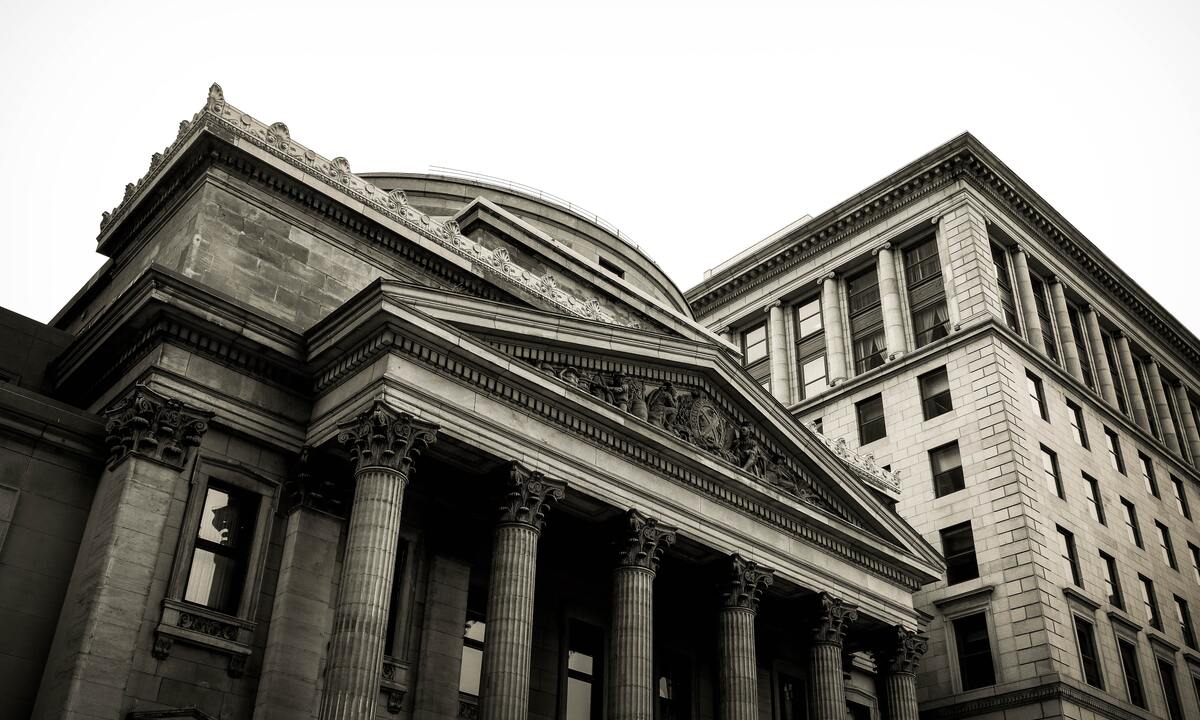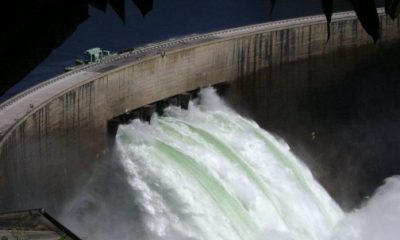World
US Banking Experts Question Why Regulators Missed Warning Signs of SVB’s Collapse

Last week’s collapse of Silicon Valley Bank, one of the country’s largest banks by assets, surprised investors and regulators alike. Experts have questioned the efficacy of US banking rules and oversight in the aftermath. On Monday, the Federal Reserve announced a review of its supervision of SVB, acknowledging that it could have done better as reported by Briefly.
In addition, President Joe Biden promised to hold regulators and banking officials accountable and tighten rules on the sector.
Banking experts noted the clear red flags in SVB’s disproportionate exposure to tech startups, a risky area akin to commercial real estate or emerging markets. The bank’s rapid growth between 2020 and 2022 and its vulnerability to a shift in monetary policy also raised concerns. The failures of SVB and another lender, Signature Bank, highlight the inadequacy of regulatory reforms since the global financial crisis.
Although US laws enacted after the 2008 crisis imposed higher capital and liquidity requirements on banks with at least $50 billion in assets, a 2018 shift in law relaxed these requirements for fewer banks. Experts argue that this shift does not excuse regulators for the failures in oversight. They call for a more serious approach to risk weight and uninsured deposits and a renewed commitment to old-fashioned supervision.
Photo by Etienne Martin on Unsplash





















